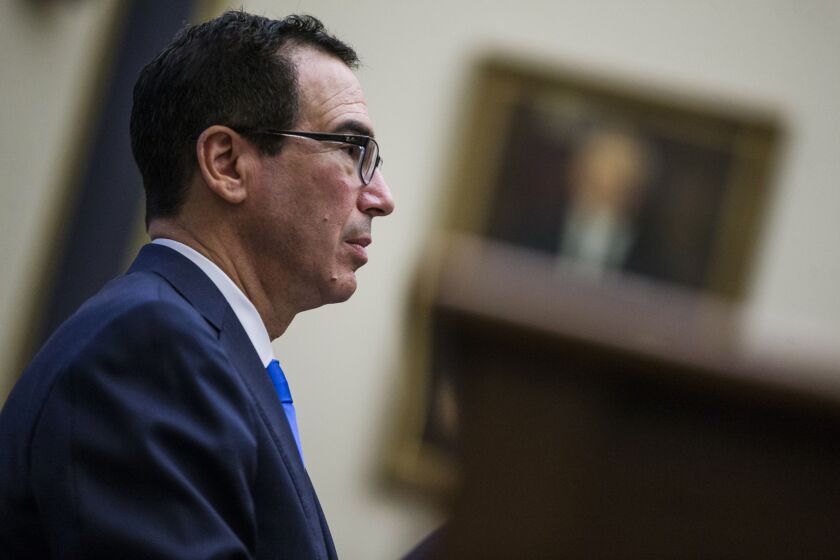Maine will sell $119.4 million of bonds this week to tackle future capital investments as the state grapples with near-term financial challenges driven by the COVID-19 pandemic.
The northern New England state is slated to sell $103.5 million of tax-exempt general obligation bonds and $15.9 million of federally taxable GOs Thursday. The borrowing will finance capital upgrades to Maine's highways, bridges, broadband, senior housing and public colleges.

Maine disclosed in preliminary bond documents that it expects a "signficant' negative financial impact from the state’s COVID-19-related shutdown of non-essential businesses in late March. Gov. Janet Mills' administration estimates a revenue shortfall of around $500 million for the 2021 fiscal year, which would leave revenues 13% below the state's general fund forecast. For 2020, using a "worst-case scenario" stress test for sales and income tax collections from April through June, the state sees revenues $200 million below estimates.
Goldman Sachs will serve as senior manager on the June 4 negotiated deal, with Raymond James, J.P. Morgan and Siebert Williams Shank & Co. as co-managers. Hilltop Securities will befinancial advisor and Locke Lord serves as bond counsel for Maine’s first GO sale since June 2019.
Assured Guaranty and BAM, the two active muni bond insurers, released statements Monday saying they are prepared and able to manage impacts of COVID-19.
Financial services personnel were among critical infrastructure groups that the Department of Homeland Security said were crucial for “public health and safety as well as community well-being” during the pandemic.
If the new accounting standard poses too many risks during an economic crisis, then it's probably not a good idea at all.
“Bond rates have stabilized since March and yields for high-grade 10-year bonds are near all-time lows,” Maine State Treasurer Henry Beck said in a statement. “Funding these vital projects now makes sense for the market and for Maine.”
State lawmakers passed a $73 million supplemental budget for the rest of the 2020 fiscal year on March 17 that was $53 million less than the original spending proposal outlined by Mills prior to the COVID-19 outbreak.
Despite Maine’s fiscal obstacles, S&P Global Ratings and Moody’s Investors Service both affirmed the state’s bond ratings and stable credit outlooks ahead of the transaction, citing reserve levels strong enough to withstand an economic downturn. Maine's GOs are rated AA by S&P and Aa2 by Moody’s.
Maine’s rainy day fund reserves have grown by more than $50 million to nearly $258 million since Mills took office in January 2019. The revised fiscal plan dedicates $17.4 million to the state’s rainy day fund, down from $20 million in the original plan, in preparation for negative economic shifts resulting from the virus. Mills established an Economic Recovery Committee in early May charged with developing recommendations to mitigate COVID-19-related headwinds and the state is planning to release updated revenue forecasts by Aug. 1.
"We believe Maine's active budget management and good reserve profile will help the state to navigate through the economic uncertainty and stresses brought on by the COVID-19 pandemic," S&P credit analyst Jillian Legnos wrote in a May 27 report. “In the past decade, Maine's finances have improved due in part to conservative financial management and forecasting.”






